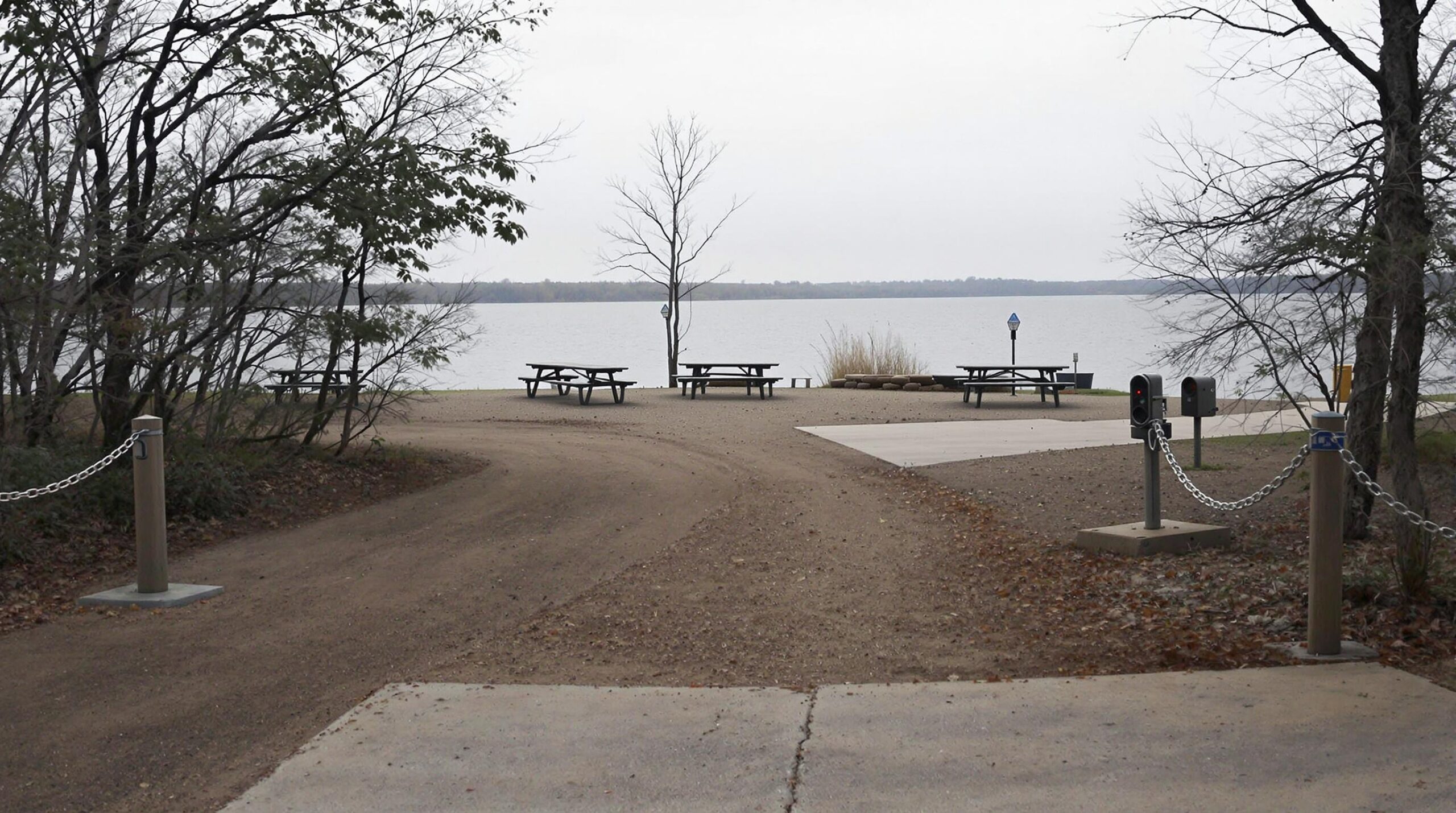Officials with the U.S. Army Corps of Engineers have announced broad reductions to some recreational services in South Dakota. The changes reflect budgetary constraints triggered by President Donald Trump’s second-term initiatives led by Elon Musk’s Department of Government Efficiency.
According to a report by the Associated Press, federal hiring freezes are making it difficult for the Corps to staff campgrounds and visitor centers across multiple states. Corps spokesman Douglas Garman said that concentrating personnel on critical dam operations and hydropower generation is essential while managing limited resources.
“Decisions to make operational changes at recreation areas are not made lightly, and we understand those decisions can be disruptive,” Garman stated, emphasizing the Corps’ commitment to providing a “full range of services” where possible. Although the cuts have not been universally implemented, local officials say the prospect of ongoing budget shortfalls remains a concern.
Anxieties over reduced site amenities are especially pronounced in tourism-dependent communities. Cindy Broyhill, president of the Board of Trustees in Pickstown, said, “We have a lot of fishing and boating, but we also have a lot of just plain tourists coming through to see the dam,” suggesting that fewer on-site staff could deter visitors.
She noted in a news story that local businesses fear economic setbacks if travelers perceive diminishing services. “I think there are other places where they could cut that would make more sense,” Broyhill said, underscoring the town’s concerns about balancing essential infrastructure with recreational offerings.
Lt. Col. Katie Werbeck, commander of the Omaha District, echoed that viewpoint, explaining that certain staffing changes are unavoidable. “By concentrating our resources, we can better maintain essential missions,” she said, referencing the need to support flood control, dam safety and hydropower operations, despite fewer rangers or office personnel.
In one widely recognized industry survey, many private campground operators indicated that cross-training seasonal or part-time employees helped them respond better to visitor needs. This approach often allows staff to shift roles quickly, ensuring that check-ins, maintenance and basic groundskeeping continue smoothly when hiring freezes or budget cuts prevent filling all positions.
Local volunteer groups or tourism associations can also help maintain guest services. Some campgrounds employ volunteers to greet visitors, organize activities and supplement trash removal efforts, a strategy that keeps core services operating and lowers payroll expenses. Digital platforms, including online reservation systems and kiosk check-ins, further moderate staffing demands by automating repetitive tasks.
A recognized national parks agency has documented a decline in on-site incidents when signage and emergency information are placed in clearly visible areas. Even with fewer uniformed staff, thorough hazard alerts and detailed safety notices can reduce potential mishaps in popular gathering spots or along challenging lake shorelines.
Self-guided tours and virtual learning tools often become vital in settings where interpretive centers or ranger-led talks have been cut. Visitors can download maps, follow audio guides or access informational apps that enhance their understanding of a site’s history and natural features without requiring staff presence.
Local leaders worry that scaling back direct outreach could undermine the sense of welcome and security visitors expect. Consistent housekeeping and predictable trash pickup schedules can reassure travelers that cleanliness remains a priority, even when fewer hands are available. Posting these times and guidelines prominently helps manage expectations.
As the Corps navigates these adjustments, many communities hope that federal budgets will eventually allow for the restoration of fully staffed facilities. Until then, managers emphasize creativity and collaboration to preserve visitor experiences. Some find that mobilizing flexible staff, embracing volunteer partnerships, and embracing technology can mitigate the impact of workforce constraints while continuing to provide valued recreation services.


